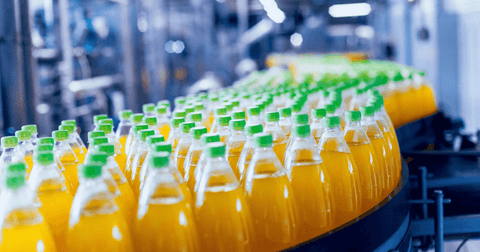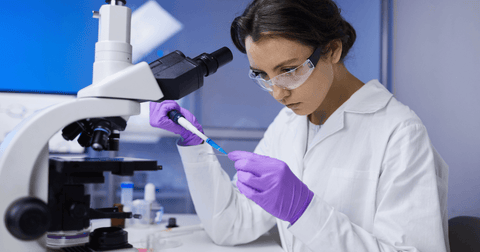Self Cleaning pH Probe: Simplify Your Lab Work
In the world of scientific research and laboratory analysis, precision and accuracy are paramount. pH measurement plays a crucial role in various fields, from chemistry to environmental science. The quality of pH data can have a significant impact on the results and outcomes of experiments and studies. That's where the self-cleaning pH probe steps in, revolutionizing the way we approach pH measurement. In this blog post, we'll delve into the world of self-cleaning pH probes, explore their benefits, and understand how they simplify lab work.
The Basics of pH Measurement
Before we dive into the self-cleaning pH probe, let's take a moment to understand the fundamentals of pH measurement. pH, which stands for "potential of hydrogen," is a measure of acidity or alkalinity of a solution. It is typically measured on a scale from 0 to 14, with 7 being considered neutral, values less than 7 indicating acidity, and values greater than 7 indicating alkalinity.
What is a Self-Cleaning pH Probe and its Benefits?
The self-cleaning pH probe, as the name suggests, is a game-changer in the world of pH measurement. It addresses the shortcomings of conventional pH probes and simplifies lab work in numerous ways.
1. Automated Cleaning
One of the most significant advantages of self-cleaning pH probes is their ability to automatically clean themselves. This feature minimizes the risk of contamination and ensures consistent, reliable measurements.
2. Reduced Downtime
With automated cleaning and minimal maintenance requirements, self-cleaning pH probes significantly reduce downtime in laboratory or industrial processes. Researchers and technicians can focus on their work without the hassle of frequent probe cleaning and calibration.
3. Extended Lifespan
Self-cleaning pH probes tend to have a longer life span compared to their traditional counterparts. This means fewer replacement costs and a better return on investment.
4. Improved Accuracy
By maintaining a clean and uncontaminated electrode surface, self-cleaning pH probes deliver highly accurate pH measurements. This is particularly crucial in applications where precision is paramount.
Applications and Industries
Self-cleaning pH probes find applications across various industries, including:
- Environmental Monitoring: In water quality testing and pollution control, where accuracy is vital for safeguarding the environment.

- Food and Beverage Industry: Ensuring the quality and safety of food products by monitoring pH during production and processing.

- Chemical and Pharmaceutical Research: Accurate pH measurement is essential for chemical reactions and drug formations.

- Agriculture: Monitoring soil pH to optimize crop growth and yield.

- Wastewater Treatment: Ensuring the effectiveness of wastewater treatment processes.

Choosing the Right Self-Cleaning pH Probe
Selecting the right self-cleaning pH probe for your specific needs is essential. Consider factors like the probe's compatibility with your equipment, the range of pH values it can measure, and any additional features that may be beneficial for your applicational.
Additionally, be sure to follow the manufacturer's recommendations for maintenance and calibration to keep your self-cleaning pH probe in top condition.
The Drawbacks of Conventional pH Probes
Conventional pH probes have been a go-to choice for pH measurement for many years. While they can provide accurate results when properly maintained, they come with their fair share of challenges. These challenges include:
1. Frequent Calibration and Maintenance
Conventional pH probes require regular calibration and maintenance to ensure accuracy. This can be time consuming and often leads interruptions in experiments or processes.
2. Contamination and Drift
Traditional pH probes are prone to contamination and drift. Contaminants on the probe's surface can alter pH readings, leading to inaccurate results.
3. Limited Lifespan
The lifespan of conventional pH probes is limited. Over time, they become less reliable, requiring replacement and adding to additional costs.
4. Manual Cleaning
Regular manual cleaning is necessary to prevent the buildup of deposits on the probe's surface. The maintenance is not only tedious but also introduces the risk of damage to the fragile glass electrodes.
Conclusion
The self-cleaning pH probe has ushered in a new era of convenience and precision in pH measurement. It simplifies lab work, reduces downtime, and offers highly accurate results. Whether you're in a research lab, a food processing facility, or an environmental monitoring station, a self-cleaning pH probe can make your work more efficient and reliable.
Are you already using a self-cleaning pH probe, or are you considering making the switch? Share your thoughts and experiences with us in the comments below. We'd love to hear from you and continue the conversation on how self-cleaning pH probes are transforming the world of pH measurement.